How to Apply Yoga to Parenting
+ 110 Mantras for Zen Parenting
Do you love yoga? Then you’re going to love learning how to apply yoga principles to your parenting.
My favorite is #7, but I’d love to hear what yours is in the comments below.
10 Zen Parenting Principles I Learned From Yoga
- Practice Non-Violence
Yoga tradition relies heavily on the tradition of non-violence (physical, verbal, emotional). Unfortunately, many of the mainstream parenting methods today rely heavily on violence – these methods purposefully hurt children. Whether it’s physically by spanking, or emotionally by yelling, withdrawing attention and love by creating forced timeouts, shaming or manipulations to control children.
Don’t take this to mean you can’t be a strong, firm leader for your child or set limits. It also doesn’t mean you can’t pick them up and remove them from a situation, force them into a buckle in the car or stop their hands – physically – when they’re hitting. You can, and I believe I, absolutely must do this.
But it means we do so from a non-violent intention. We do it as gently as we can and strive never to be acting from retaliation or with the intent to “hurt them back”. I know I’ve had those intentions at times, and probably still will in the future, but that’s what I’m aiming to become more aware of. - Develop a Mantra
In yoga, there’s often a reliance on a mantra – or a non-verbal chant (such as the sound of “Om”). The idea is that having a mantra can ground us when we’re getting flustered, overwhelmed or angry.
We come back to the mantra that becomes a reliable idea, thought or feeling that we’re striving for. You can amplify the power of your mantra by hanging it up on stickie notes, or on a beautiful poster in your home and keep it visually present.
Get Your Free Printable PDF – 110 Mantras for Zen Parenting HERE - Simplicity
Yoga is about connecting to your own body, and to the earth. It demands no stuff, no gear, no things. Sure, you can deck yourself out in Lululemon and have get a fancy fabricated non-slip mat – but you don’t need to for it to be your yoga practice.
Typically, a yoga space is just… a space. I see this as a wonderful lesson for childhood itself – a practice, also. One of my mantras in life – and in parenting – is to simplify. To declutter the mind and the physical environment and to come back to the slow, earthy route wherever possible. - Contentment
Despite what some ladies in my yoga studio might thing, Yoga is not a competitive sport. The way I see it, the true spirit of yoga honors each individual’s journey – where they are right now – as utterly perfect.
True yoga caters to diversity and difference of physical and emotional flexibility and strength. It’s occupying a space of gratitude for myself, my breath, my body, my reality – as it is.There's a distinction between discomfort and pain. There's a distinction between staying, holding, enduring and breathing through - and pushing. Don't just push yourself or your child through life, through anything.via @ParentingJunkieTweet This
Unfortunately, mainstream parenting often reads like a competitive sport:
“My daughter is a slow reader”
“My son is an OK helper, better than average.”
and even “My child hasn’t gained enough weight.”
are all responses to a culture that is obsessed with comparing children to each other. What follows from this (or caused it in the first place? Chicken? Egg?) is that we parents compare ourselves to others, always wondering how we “measure up”, thoughts like:
“The Carters can afford private school, we can’t – maybe we’re not providing well enough for our children.”
“Stephanie is always baking these amazing birthday cakes. I’m not good enough.”
“Elaine seems to be the calmest parent ever. How does she do it? Why can’t I?!”
Coming into contentment means seeing ourselves, our children and our circumstance as perfect – just as it is. And realizing, too, that everyone is on a journey and that everyone starts from a different jump-off point – it’s not a race. There’s no award at the end.
Enjoy the practice. Learn. Grow. That’s all. - Connect to Your Breath
To become an intentional parent one of the best practices we can borrow from Yoga is connecting to your breath. The breath, the rhythm, sensation, and experience of it – serves as an underlying, ever-present grounding force. Kind of like a human metronome – consistently offering a beat to come back to.
Whenever triggers arise and we go into reactivity – noticing our breath, and allowing it to calm and soothe us is a powerful tool for calm. - Keep Flowing – Moving Meditation
Flow is the concept of moving through our days in a water-like way – fluidly, responsively, without getting “stuck”. In yoga, this means moving from one pose to the next without the robotic, sharp stops and starts – but rather seamlessly reshaping ourselves and moving through the salutations. When we can flow, we are constantly responding, shaping our own form to fit the developing events.
Sometimes parenting can happen like a mechanic chain of events – a factory line or a train, stopping at each station (breakfast! Carpool! Pick up! Homework! Bathtime! Bedtime!) and ticking the boxes. How exhausting. When life becomes mechanic – we miss it completely, because we’re so focused on getting through the factory line without any lemons.
Visualize yourself as fluid, as ever-morphing, ever-changing, creative force that – like water – can shape itself effortlessly to fit into the next scenario. - Stay on Your Own Mat
The concept of staying on your own mat is about keeping yourself focused on your own practice. It means avoiding judgments and comparisons, so you can focus on true growth and presence.
To be conscious parents, we must firmly plant ourselves on our own mats – not on our children’s. They may be practicing by our sides – but our practice is about us, not them. As Dr.Shefali has taught me, we’re not here to shape and mold our children – that’s their practice and their business. But rather, we’re here to look inwardly to ourselves to see how we need to evolve. How we need to raise ourselves. - If it’s Too Strenuous, Go to Child’s Pose
In Yoga, we’re encouraged to hold a pose and breath through discomfort. But, if something hurts – it means you’ve gone too far. There’s a distinction between discomfort and pain. There’s a distinction between staying, holding, enduring and breathing through – and pushing. Don’t just push yourself or your child through life, through anything. When things become too much, injuries happen.
Instead, to re-calibrate, PAUSE – and gather inwardly. In yoga, it’s resting in child’s pose, but for you, it could mean taking a break from overscheduled activities. Or pulling back from social media. Or unplugging for a while. It could mean putting a big emphasis on sleep, or nutrition – on creating calm, rather than pushing through. - Keep Coming Back to Your Mat
Yoga is a practice which means staying the course, coming back, consistency – all these are the keys to growth and evolution. In parenting, we may think we’ve “read the book” or learned the steps – but there’s always more to learn and we need to keep opening ourselves up to the next level and the next level of our evolution.
To grow, work through our wounds. It’s not a one time thing. There’s the compound effect of consistent day-in, day-out, year-in, year-out practice that gently, slowly erodes our egos and ushers in our next level. So if you fall off the bandwagon, if you stumble out of Warrior Three – just come back to your mat, and keep going. - Beginners Mind
There are two thoughts that can derail the most committed of yogis:
The first is: ‘I can’t do it’, the second is ‘I can’. When it comes to parenting, thinking that we don’t know, that we’re not good enough, that our children are ‘problematic’ or that things won’t ever change – derails us.
And equally – and perhaps more surprisingly – thinking that ‘We know our children’ and that ‘we’ve got this down pat’ – can also lead to a rigidity or a lack of attunement as we close yourself off to continual learning.
To stay in beginners mind means to maintain an openness – to honor that we – and our children – are ever-changing. It entails being responsive to our inner selves and outer selves. And knowing that we really never KNOW ourselves, our children, or our partner. We are always changing. And that’s a beautiful thing.
Our Amazing Community (join here!) has pooled together their favorite go-to parenting mantas and I just LOVE them.
Get Your Free Printable PDF: 110 Mantras for Zen Parenting HERE
Give me a “YOGA!” in the comments if you liked this post and if you’d like to see more zen ideas here on The Parenting Junkie.

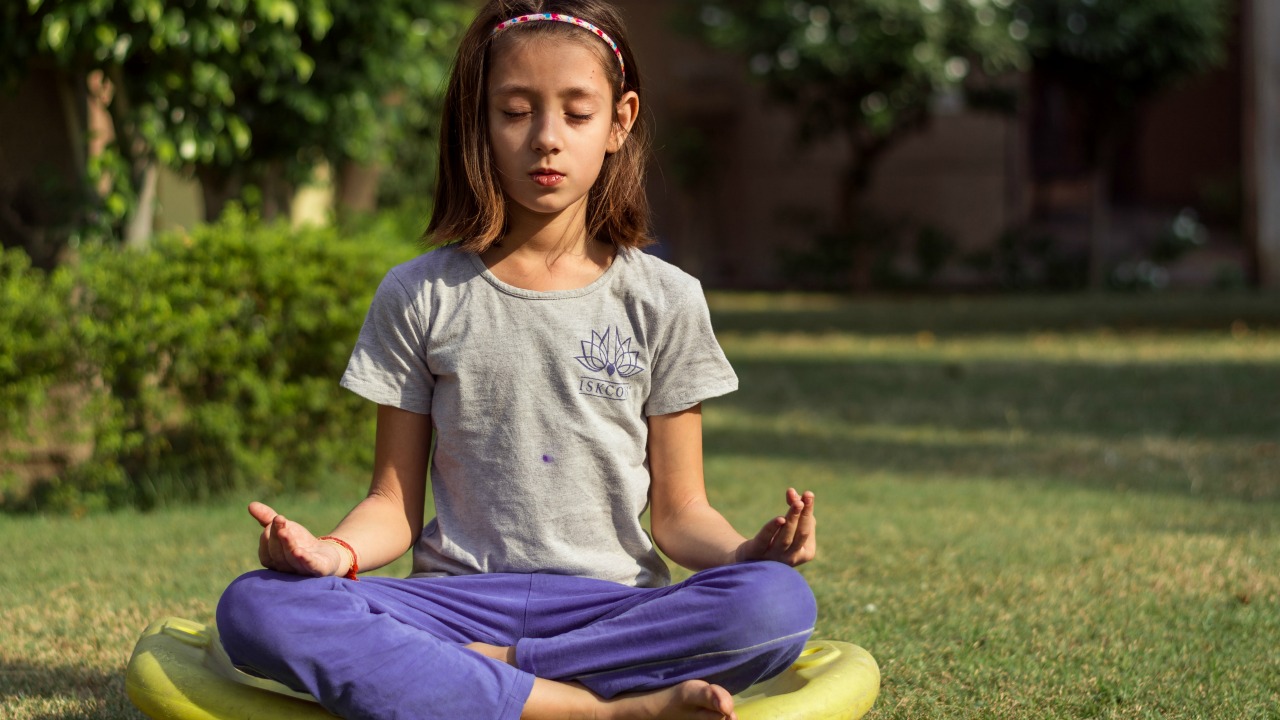


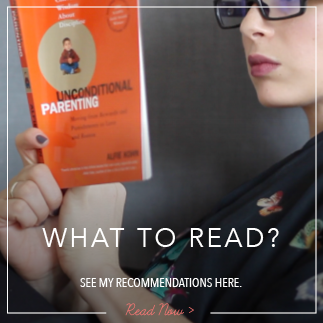
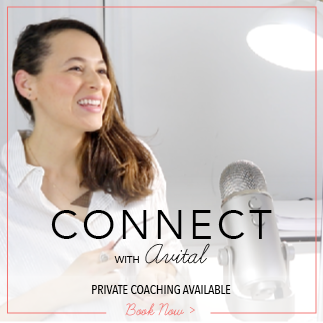



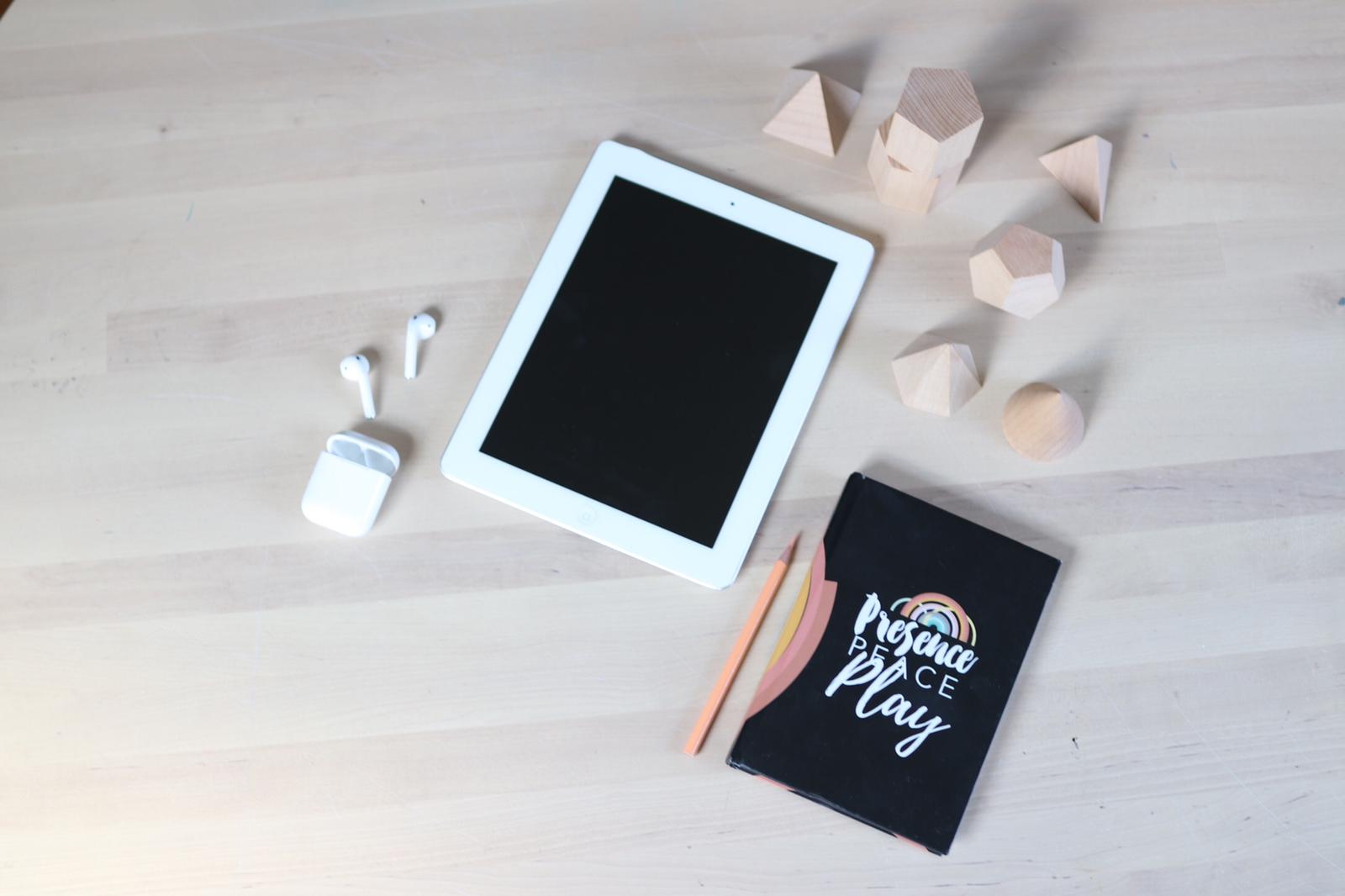


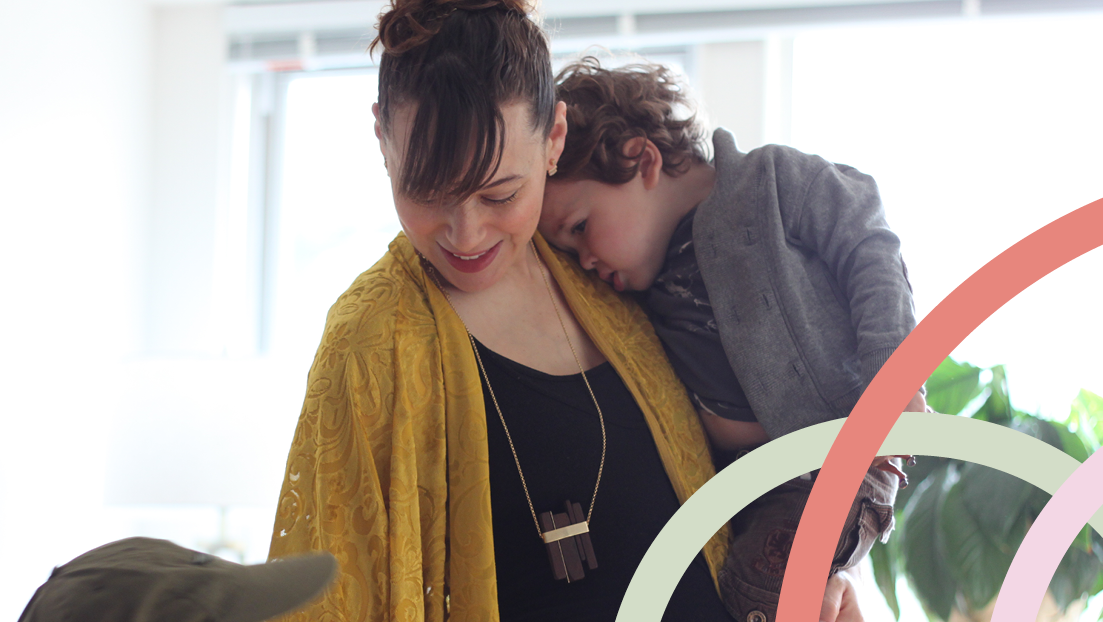


Love this! Thank you for sharing. For the first principal, I love reading my children the book Be the Change: A Grandfather Gandhi Story to invite a conversation around nonviolence.
Awesome thanks for the recommendation Larua I look forward to checking it out. What age would you say it’s for?
I love lesson #9: Keep coming back to your mat. It’s been a major practice for me to ground and centre myself in self love, then be able to bring that love outwards to meet my child, my husband and my day. My mantra: Love is an everyday practice.
Thank you fir this!
Love this mantra, Amanda! yes! Coming back… STAYING the course! <3
YOGA! Love that you have been able to come back to your practice and give yourself some self love in your busy routine! This gives me much inspiration as I am a yogi myself. Thanks again for your dedication to such great content! xx
Thanks Jennah! It’s wonderful to have you here, fellow yogi <3